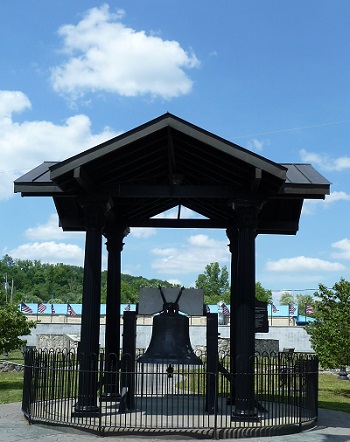Birds of a Feather Flock Together
 Birds of a feather flock together is true for people as well as birds. A flock (noun) is a group of birds, animals, or people. When birds, animals, or people flock (verb) together, they get together. They form a group.
Birds of a feather flock together is true for people as well as birds. A flock (noun) is a group of birds, animals, or people. When birds, animals, or people flock (verb) together, they get together. They form a group.
Birds often flock with other birds like them.
They also fly together, as we see with these geese. Flocks provide safety and support.
Birds of a feather flock together means people stay with people like them.
Groups may form based on:
- Interests
- Beliefs
- Looks
- Goals
- Backgrounds
People also form groups for safety and support.
Birds of a feather flock together can be a warning.
Adults warn children or youth about certain groups. Young people may see no harm. However, adults fear:
- The groups’ effect on their children
- Their children’s reputation when with those groups
People can learn from birds of a different feather.
To figure out one another, people must spend time together. Friendships with people of another background offer wonderful rewards. These include new:
- Knowledge
- Food
- Music
- Language
- Activities
Sharing another person’s culture offers richness to any life.
Spend time with birds of a feather. Also reach out to birds in other flocks from here to Timbuktu. God created a wide, wonderful world. Enjoy all its variety.
“The wings of the ostrich flap joyfully, though they cannot compare with the wings and feathers of the stork” (Job 39:13 NIV).
Thanks to Kay Emerick for the suggestion and Jeri Stone for the photo.
Do you have an expression you want explained or a thought about this one? If so, please comment below.
Subscribe to receive my weekly posts by email and receive a free copy of “Words of Hope for Days that Hurt.”
If you enjoyed this post, please share it with your friends.
 When we get mad as a wet hen, we get angry – very angry.
When we get mad as a wet hen, we get angry – very angry. When we put our hand to the plow, we are ready to work.
When we put our hand to the plow, we are ready to work. Ready to sing, I stood before the crowd in my aunt’s church. However, the first words out of my mouth were, “I forgot.” At three-years-old, I had a senior moment.
Ready to sing, I stood before the crowd in my aunt’s church. However, the first words out of my mouth were, “I forgot.” At three-years-old, I had a senior moment. If you beat your head against a wall, you try to do something that looks hopeless.
If you beat your head against a wall, you try to do something that looks hopeless.
 When cooking, we often put pots of food that need little attention on the back burner.
When cooking, we often put pots of food that need little attention on the back burner.  “O what a tangled web we weave,
“O what a tangled web we weave, I had never seen a snowy owl until this one showed up near our house. Northern Canada is home to snowy owls, not central Kentucky. Yet, this one decided to stop for a visit.
I had never seen a snowy owl until this one showed up near our house. Northern Canada is home to snowy owls, not central Kentucky. Yet, this one decided to stop for a visit. Most of us have occasional fit-to-be-tied moments. We become:
Most of us have occasional fit-to-be-tied moments. We become: